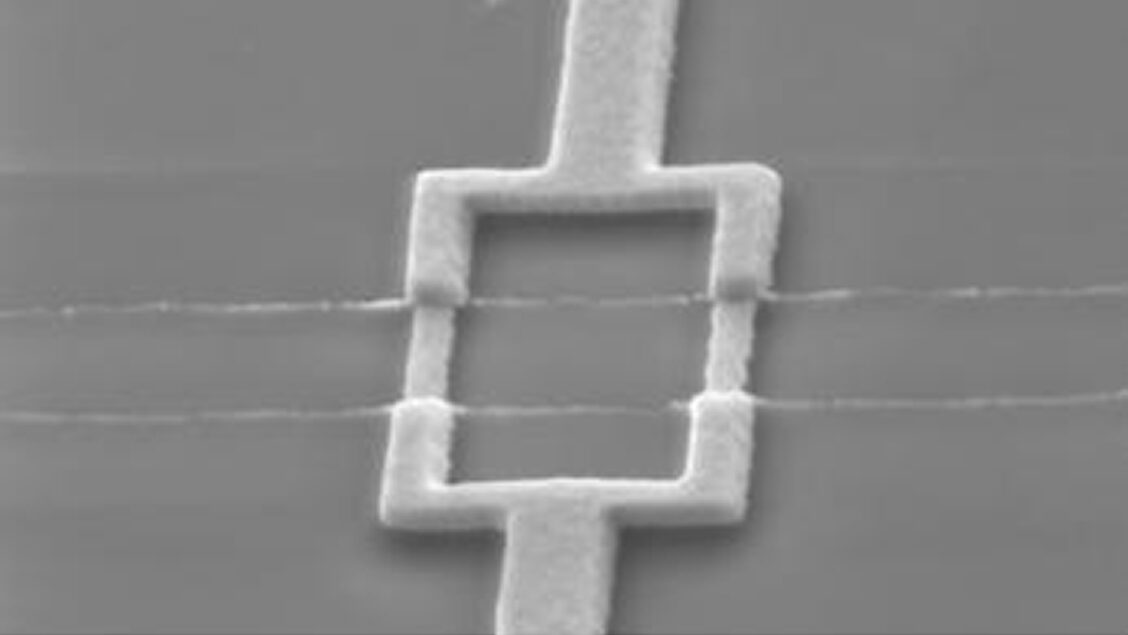We manage to measure the supercurrent noise in a superconductor-normal-superconductor (SNS) junctions. This gives important information on the dynamics of the junction.
In superconductor-normal-superconductor (SNS) junctions, supercurrent is mediated via Andreev bound states (ABSs) controlled by the phase difference between the two superconductors. Theory has long predicted significant noise of such supercurrent in equilibrium, due to thermal excitation between the ABSs. Via the fluctuation-dissipation theorem (FDT), this leads to a finite dissipative conductance that coexists with the supercurrent but is hidden in dc measurement. Here, we directly measure the supercurrent noise at radio frequency in a phase-biased SNS ring inductively coupled to a superconducting resonator. We also measure the admittance of the same system whose real part is the dissipative conductance, and quantitatively verify the FDT relation of the SNS ring. The dissipative conductance shows a 1/T temperature dependence, in contrast to the Drude conductance of an unproximitized metal. Using linear response theory, we attribute this behavior to the enhanced current correlations due to the electron-hole symmetry imposed by the proximity effect. Our results reveal the commonly overlooked role of thermal fluctuations in superconducting hybrid systems and other mesoscopic or quantum material systems with large orbital susceptibility.
This work has been published in Physical Review Research.
